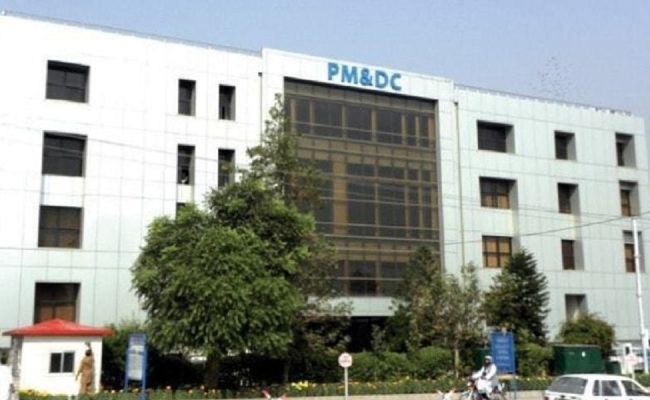The Pakistan Medical and Dental Council (PMDC) has issued a directive to all public and private medical and dental colleges across the country, mandating the establishment of on-campus anti-harassment committees. These committees are tasked with addressing and resolving harassment complaints within a 10-day timeframe, marking a significant step toward fostering safer and more respectful educational environments.
According to PMDC President Prof. Rizwan Taj, the move reflects the council’s commitment to combating workplace harassment in all its forms. He emphasized that the initiative is designed to promote awareness about respectful conduct, ensure accountability, and implement robust preventive measures to safeguard students, faculty, and staff from harassment.
“This directive aligns with broader national efforts to strengthen anti-harassment policies and create protective mechanisms in educational and professional spaces,” Prof. Taj remarked. He expressed hope that these committees would encourage individuals to report incidents without fear of retaliation, ultimately cultivating a culture of respect and support in medical and dental institutions.
Highlighting the scope of workplace harassment, Prof. Taj explained that it extends beyond sexual harassment and includes a wide spectrum of behaviors, such as:
- Gender-based discrimination undermining professional capabilities
- Verbal harassment involving offensive language or rumor-spreading
- Physical intimidation or unwelcome contact
- Psychological harassment through bullying, exclusion, or excessive criticism
- Discrimination based on ethnicity, disability, or religion, often involving stereotypes or derogatory remarks
- Age-related and authority abuse, including unrealistic demands or public humiliation
The Pakistan Medical and Dental Counci (PMDC) envisions these committees as a cornerstone for promoting accountability, raising awareness, and preventing harassment in academic settings. By addressing these issues proactively, the council aims to ensure a respectful and inclusive atmosphere conducive to learning and professional growth.







